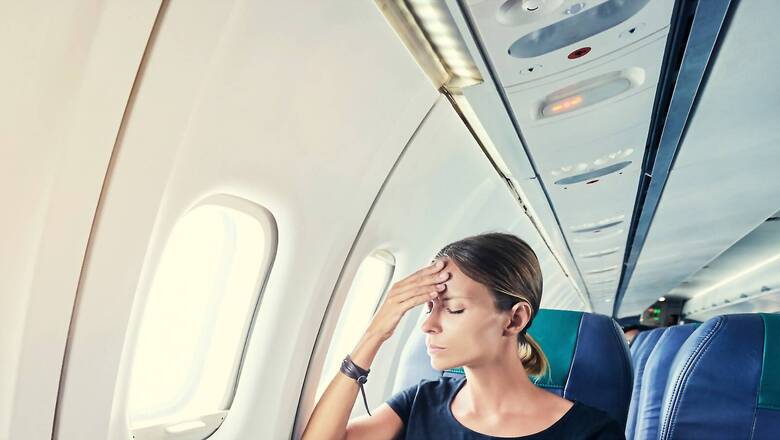
views
As the jet fuel prices have been rising for quite some time and currently hovering at an all-time high levels, the aviation industry is facing the heat on its finances. Reports suggest that the Indian aviation industry is expected to report a net loss of Rs 25,000-26,000 crore for the financial year 2021-22.
The price of aviation turbine fuel (ATF), which constitutes over 45 per cent of an airline’s operational costs, in Delhi has increased from Rs 76.1 per litre on January 1 to Rs 112.9 per litre on April 1 and one of the contributing reasons for the surge was the Ukraine-Russia war. Fuel prices are revised twice a month, on 1st and 16th of every month.
In the last revision on Friday, the price of fuel that helps aeroplanes fly was hiked by Rs 2,258.54 per kilolitre, or 2 per cent, to Rs 1,12,924.83 per kl (Rs 112.92 per litre) in the national capital, according to a price notification by state-owned fuel retailers.
ICRA on Jet Fuel Hikes
Rating agency ICRA expects the Indian aviation industry to report a net loss of Rs 25,000-26,000 crore in FY2022. “Elevated aviation turbine fuel (ATF) prices, which are higher by about 68 per cent on a y-o-y basis in 11 months FY2022, and continued fare caps continue to pose a major challenge for the profitability of the airlines. Thus, the Indian aviation industry is expected to report a net loss of Rs 250-260 billion in FY2022.”
The price hike will further hit profit margins of the companies that are already stressed due to the shutdown of flight amid the COVID-19 pandemic. In a recent report, ICRA continues to maintain its ‘negative’ credit outlook on the Indian aviation industry, given the elevated ATF prices and overhang of the recent COVID-19 wave, among others.
The rating agency has said that a major concern that continues to be a drag on the aviation sector is the ATF prices, which have seen a sharp increase of about 57 per cent on a y-o-y basis till March 2022. “It is mainly attributed to increase in crude oil prices. This, coupled with relatively low capacity utilisation of aircraft fleet, will continue to weigh on the financial performance of Indian carriers in FY2022.”
Fuel prices have been increased in the country as crude are at elevated prices globally due to the Russia-Ukraine war and demand returning after being hit by the pandemic. India meets its 85 per cent oil requirements through imports. “In the near term, the balance sheets of Indian carriers will remain stressed until the carriers are able to reduce their debt burden through a combination of improvement in operating performance and / or through equity infusion,” the report said.
Airlines’ Demand
To offset the impact of elevated jet fuel cost, IndiGo CEO Ronojoy Dutta has said the increase in its prices has adversely affected the airline and the fuel should be brought under the GST to make flying affordable. “We have been in talks with the government to bring ATF under GST as it brings the benefit of input tax credit,” Dutta said in a statement.
He said such measures are needed now more than ever to offset this increase in cost and make flying viable for airlines and affordable for consumers. “A rationalisation of taxes will result in high growth for the sector, creating a multiplier effect throughout the economy, promoting trade, tourism and job creation.”
Impact on Air Fares
Due to the oil price hikes, fares on some of the domestic routes have increased by 30-40 per cent in the past one month. The fares may further rise in the wake of a recent hike in the user development fees and ATF prices.
Read all the Latest Business News and Breaking News here















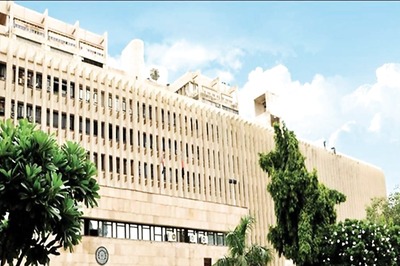
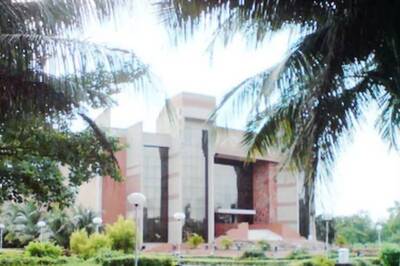
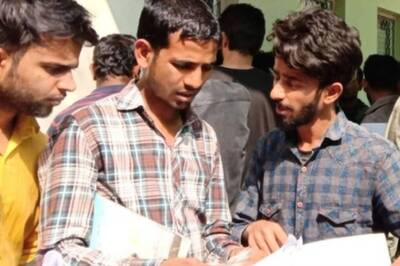
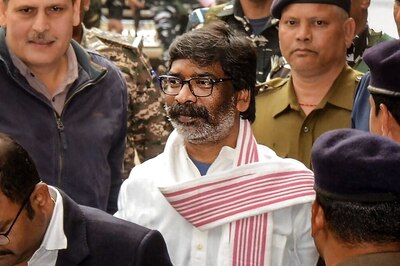
Comments
0 comment